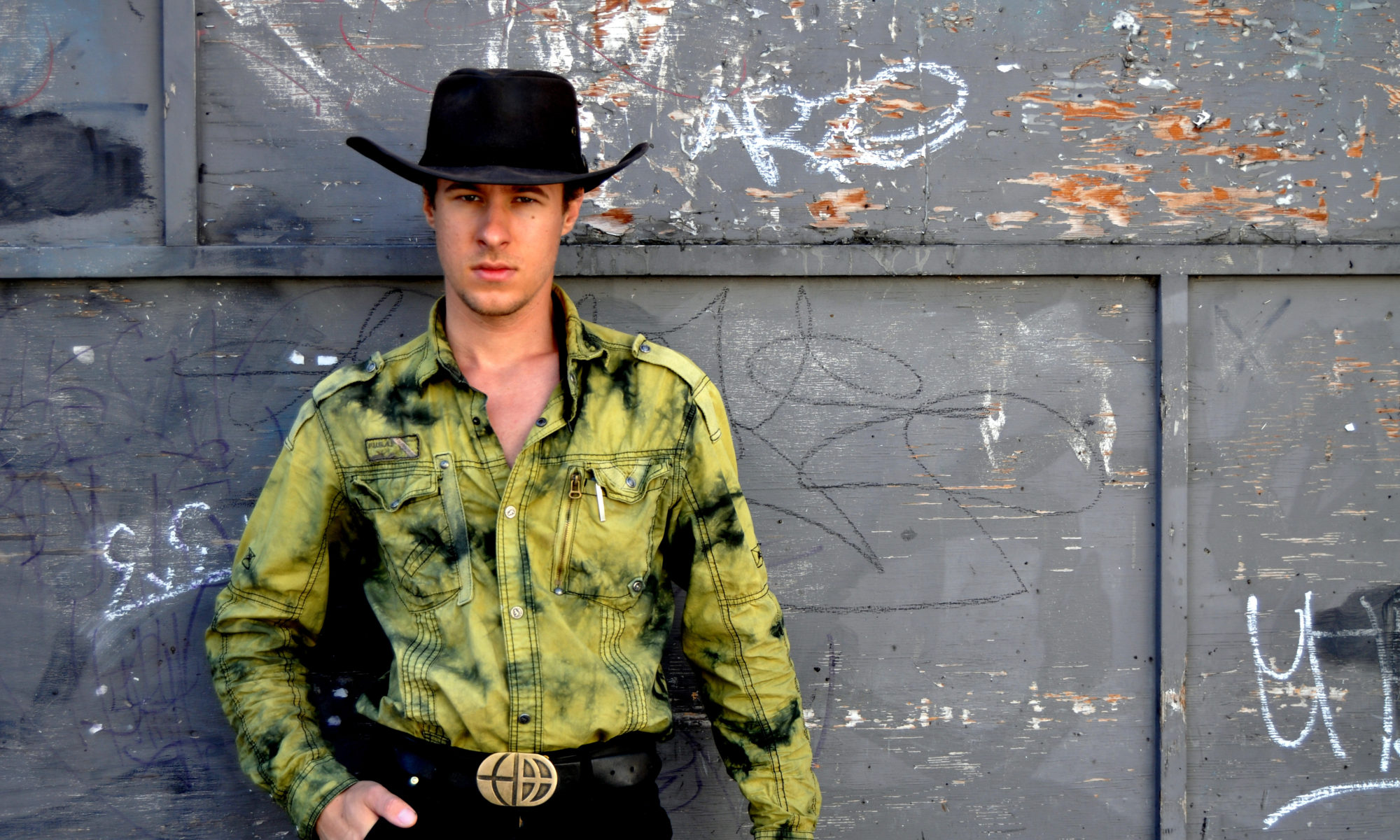In deep-ecology, eco-centrism and pantheism, there is an inherent element of spirituality. There is the belief that consciousness exists outside of ourselves. That there is value to natural integrity outside of our human utilization. That there is magic in seeing the night sky without light pollution, magic in the curve of the hills, magic in the wetness of water, magic in the song of birds, magic in old-growth forest, magic in fertile soil, magic as we stand barefoot on moss and lichen.
One can be an environmentalist from an agnostic, anthropocentric and/or myopic perspective. But this leads to concepts and approaches that are not holistically ideal. For example, in wanting to prevent climate change, humans have pursued the idea of more nuclear power plants. Even ultra-small nuclear power plants sprinkled throughout neighborhoods. This replaces one problem with another problem of radioactive gene-modifying carcinogenic waste that lasts for hundreds of thousands of years as well as targets for foul play. The same shortsighted concept of replacing one problem with another also lies in genetic modification or using poison to irradiate noxious pests.
The thing that us Deep-Ecologists point to cannot be explained from an purely intellectual level. There is an emotional and spiritual element as well as inner knowing.
When presented with the logical concepts of Deep Ecology such as leaving resources, bio-diversity and natural spaces for future generations; maintaining clean air, water, and soil for our health; and preventing animal extinction. These can all be understood at an intellectual logical level.
But only true understanding will come when you see the Earth as your mother, your lover, your child or yourself. Only true understanding comes when you shed tears for the wise trees being cut down. When your heart beats with loss when you see and hear the bull dozers ripping through the ancient lands home to generations of flora and fauna like a rapists knife through skin. When your blood boils at the paving over soft fertile soil, barking dogs replacing howling coyotes, streetlights replacing stars at night, dryer sheets replacing the smell of sage on a rainy day, whizzing cars replacing the wisdom of silent wind, curvaceous hills being torn into linear lines. Only when we cry for these atrocities will we understand what the Deep Ecologists desperately try to explain. Understanding only comes when we understand the rivers as our blood, the native grasses as our hair, the wind as our breath, the stones as our bones, the soil as our skin and the seasons as our heart beat.
There is a distinction between knowledge and understanding. Indeed, knowledge is not understanding. This is a concept I have been exploring a lot over the past month. From the perspective of knowledge, humans think they are superior.
Let me expand this concept further… Humans think they know best, they think they can be gods over everything else which is why we are artificially modifying the genetic code that took millions of years to create thinking that we actually know what we are doing. Our pursuit of “knowledge” but lack of holistic understanding is liable to destroy our existence and everything else. Indeed, the relativistic large hadron collider which we are using to discover the “secrets” of the universe has the very very ultra small potential to create something called “strangelets”; a particle with the ability to turn every other particle it comes in contact with into a strangelet turning the world into a sci-fi nightmare of a homogenous blob. When humans where first testing nuclear weapons, they were not sure if the chain reaction wouldn’t just continue infinitely and destroy the entire world … but despite this horrific potential they pursued it anyways. Looking to the future, our pursuit to terraform Mars will require an exporting of our valuable finite Earthly materials to this barren planet. How about we just protect the sacredness of what we have?
In understanding. In being present. In being self-aware. In observing the inner and outer worlds, we would not have the compulsion to move in a linear fashion to pursue knowledge without ethical understanding. To pursue “development and growth” without holistic respect to cycles and homeostasis.
Humans like to think of themselves as gods that know best and are superior to all other things. It is this thinking that causes our problems. When we know ourselves as Gods just like everything else — the plants, animals, minerals, air — then we will find peace, contentment and joy.
